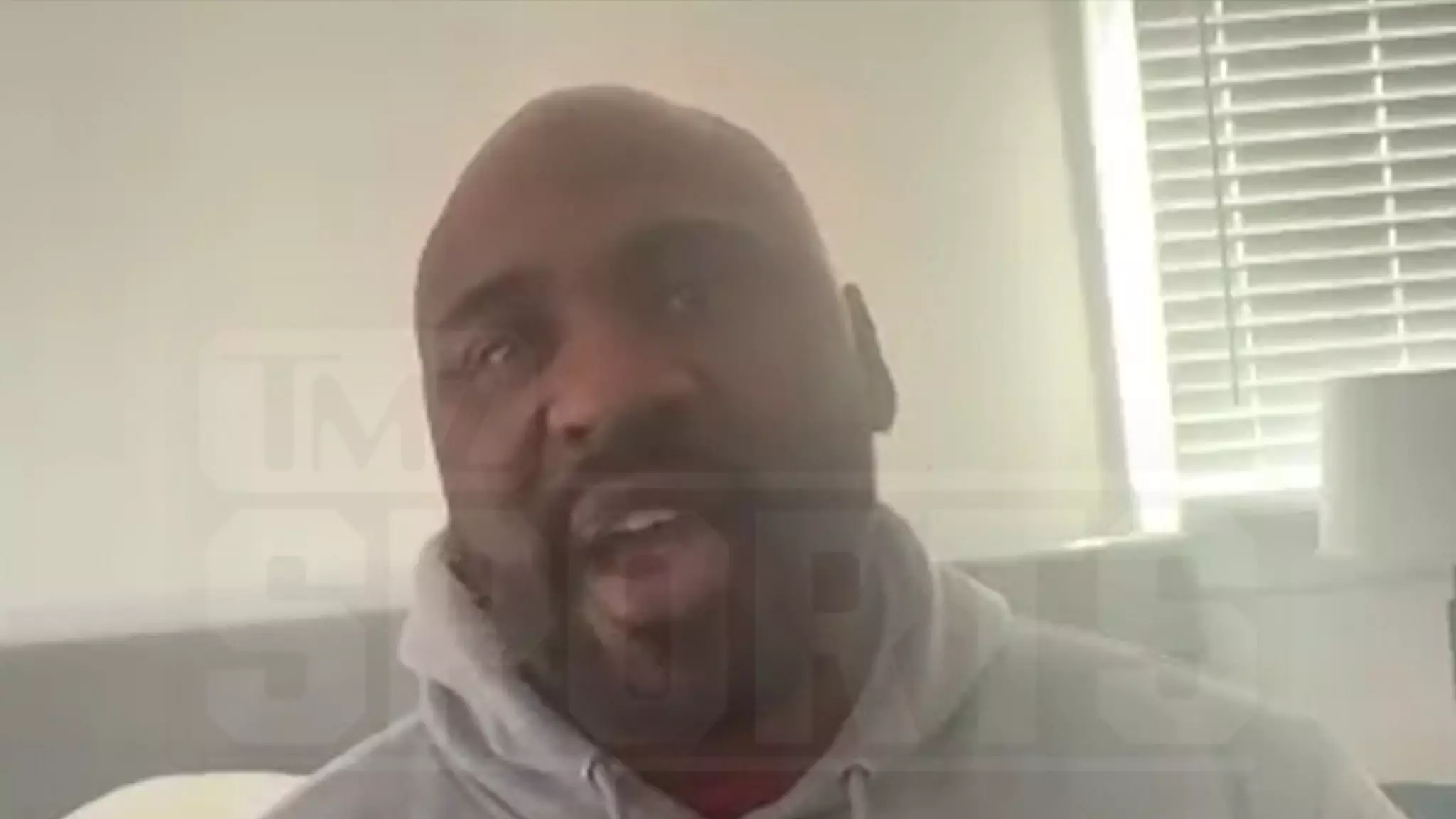In a surprising wave of endorsement for the New York Giants’ leadership choices, former running back Brandon Jacobs has expressed support for the decision to retain head coach Brian Daboll and general manager Joe Schoen. Jacobs, a two-time Super Bowl champion with the franchise, spoke candidly to the media about the implications of frequent coaching changes, urging that the Giants focus on long-term stability rather than the incessant cycle of new leadership. His insights come amid a backdrop of mounting dissatisfaction from fans and analysts alike regarding the team’s recent performance.
The Case for Keeping the Status Quo
Despite the Giants’ dismal 9-25 record over the past two seasons, Jacobs staunchly defends the retention of both Daboll and Schoen, arguing that continuity is essential for building a successful franchise. He emphasized that “you can’t keep getting new coaches every three years,” implicitly suggesting that such erratic changes only serve to contribute to a culture of instability. His views challenge the prevailing sentiment among critics who are quick to call for a complete overhaul following disappointing seasons.
Jacobs’ confidence in Daboll stems partly from the coach’s inaugural season success, where he led the team to the playoffs despite the lackluster subsequent years. This success, he argues, underscores the need to delve deeper into the root causes of the Giants’ struggles. He believes that before making personnel decisions, it’s crucial to identify the systemic issues plaguing the franchise.
Jacobs points towards a broader analysis of the roster and team dynamics, suggesting that the problems extend beyond the coaching staff. He advocates for an evaluation of the team’s overall strategy and suggests a draft strategy that focuses on acquiring more talent, potentially by trading down to maximize draft picks. This proactive approach may alleviate some of the immediate pressures on the coaching staff while equipping the team with better resources for future success.
Moreover, Jacobs critiques the decision to part ways with star running back Saquon Barkley while simultaneously investing heavily in quarterback Daniel Jones. He argues that these decisions may ultimately hinder the team’s growth trajectory, emphasizing the delicate balance required when managing a franchise’s financial and emotional investments in its players. The former player’s perspective is indicative of a broader consideration that a team’s success hinges not just on coaching but also on cohesive roster management.
As the Giants prepare for the upcoming season, the recommendations from Jacobs may resonate louder than the grumbles from skeptics. His belief in the coaching staff and the proposed strategic adjustments could serve as a clarion call for not just fans but also for those in the organization. By fostering stability, the Giants may have a chance to turn their fortunes around, ensuring that continuity is paired with diligent roster construction and a supportive environment for both players and coaches.
Ultimately, Jacobs’ advocacy reminds us that change for the sake of change is often counterproductive, and that real progress may require a thoughtful examination of deeper issues within the fabric of the organization. Balancing patience with the need for improvement could be the key to breaching the prolonged cycle of mediocrity in New York football.

